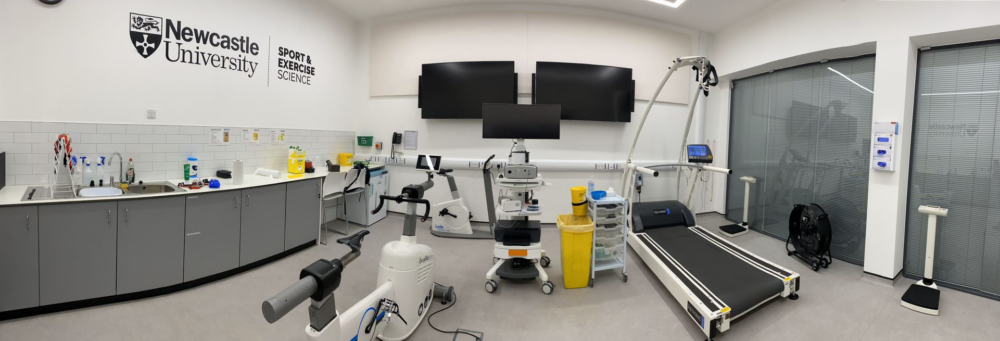A new project outline with Dr. Sam Orange (reposted with permission from Breastcancernow.org)

The challenge
More women are living with and beyond breast cancer than ever before. But they often experience long-lasting low mood or extreme tiredness (fatigue), even after their treatment has ended. It can dramatically affect their quality of life.
Leading a healthy lifestyle after a breast cancer diagnosis and treatment can help with this. And it could lower the risk of breast cancer coming back. Despite this, there’s little support available to help women maintain regular physical activity and a healthy diet.
The science behind the project
Dr Sam Orange, from Newcastle University, wants to improve women’s access to diet and physical activity support after their breast cancer treatment. There are many barriers that prevent women from getting this support in the National Healthcare System (NHS), such as limited resources, no referral pathway, and there being no support services to refer them to at all.
Sam’s creating a referral pathway so that healthcare professionals can refer women to community support services. And he’s developing a training package to help community services adapt their health and lifestyle programmes to specifically support women after breast cancer treatment.
To do this, the researchers will first identify existing diet and physical activity services in the community that could be adapted. They’ll look at how they’re accessed, funded and how well they work.
Then they’ll hold 4 focus groups to explore different people’s experiences of accessing and giving support. These focus groups will include women who have finished treatment for early-stage breast cancer, healthcare professionals, dieticians and exercise specialists, and community practitioners.
The third stage of the project will involve 4 workshops based on the results of earlier stages. They’ll bring women who have finished treatment for breast cancer and healthcare professionals together to talk about how community services could be adapted. And how the referrals could work.
Finally, the researchers will test how well the new programme works. They’ll ask healthcare professionals to refer 40 women to the adapted diet and physical activity service. They’ll see how women feel about the service and get perspectives from community practitioners and healthcare professionals as well.
What difference will this project make?
If this project is successful, the researchers will carry out a larger study to directly measure if this programme leads to better quality of life for women living with and beyond breast cancer. And it may also help to reduce their risk of a second breast cancer diagnosis.
How many people could this project help?
55,000 women are diagnosed with breast cancer each year in the UK. This project has the potential to help all of them to maintain healthy diet and physical habits. But it could especially help the 1/3 of women that experience persistent fatigue after treatment, as well as the 48% of women that experience depression and anxiety.
For the original post, see: Breast Cancer Now
